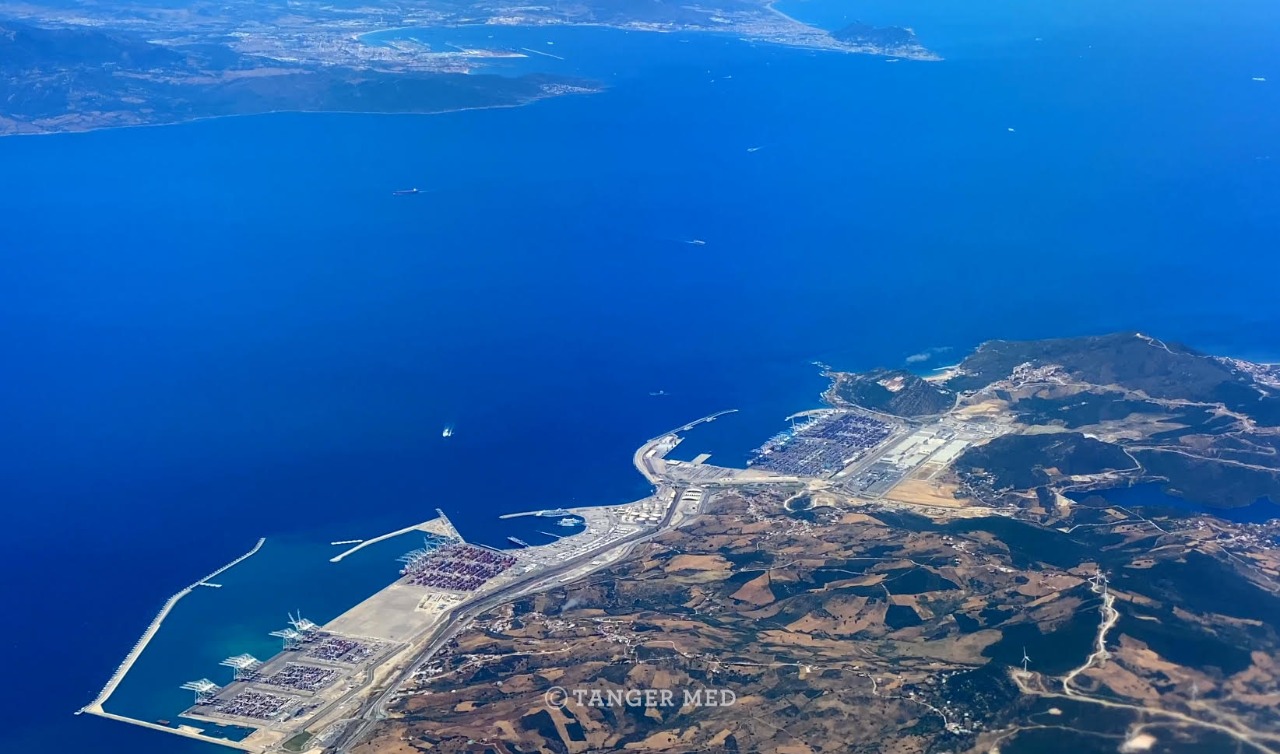After Hungary passed a law banning “LGBTQ content” in schools in June , Dutch Prime Minister Mark Rutte came to the conclusion that Land has “no more place in the EU”. He’s right about that. The European Union should initiate an exclusion procedure against Hungary and then consider doing the same with Poland .
Over the past decade, Hungary and Poland have increasingly undermined the democratic principles of an independent judiciary and freedom of the press, which should be central to the European project. The “illiberal democracy” represented by the Hungarian Prime Minister Viktor Orbán is a misnomer: there can no longer be any talk of a democracy. The courts are increasingly coming under the control of Orbán’s right-wing populist Fidesz party, and the media have barely any freedom. Civil society organizations operate under constant threat, and the universities have also been deprived of the remnants of their autonomy.
be notified by email.
From the EU’s point of view, the refusal of both countries to participate in a new European Public Prosecutor’s Office (EUSta) should now bring the barrel to overflowing. Established in June, the agency has the power to investigate and prosecute fraud, embezzlement and other crimes involving EU funds. There is ample evidence that both Fidesz and PiS are implicated in such crimes.
Western countries must lead by example
By continuing to receive EU money and at the same time disregarding the authority of the EUSta, Hungary and Poland are mocking the European project and everything it stands for. In addition, there is now another argument for the EU to take action against Hungary and Poland. Since the Taliban retook Afghanistan, there is no longer any doubt that Western efforts to introduce democracy and the rule of law in other countries through military force and development aid have failed.
From now on, Western countries must lead by example. As US President Jimmy Carter once said in his 1977 inaugural address: “The best way to promote freedom in other countries is to show that our democratic system is worth emulating.” Together with several colleagues, I have shown countries that stable democracies are particularly suitable for ensuring economic growth, peace and comparatively good public services. Furthermore, data from the past four decades indicate that democratization takes place in regional waves, i.e. the need for democracy is spreading from country to country. Setbacks also follow a similar pattern. If existing democracies stimulate less imitation, the probability that democratic institutions will spread regionally decreases. These considerations apply twice to the EU, whose mission is to introduce democratic institutions on a supranational level. At a time when global cooperation is more important than ever before, the historic EU experiment should, despite all its weaknesses, be viewed as a success. After the end of World War II, the continent was devastated and economically eroded as all of its resources went into armaments. While modern technologies such as refrigerators, central heating, home automation and civil transportation systems were everywhere in the United States, none of them was seen in Europe. In Great Britain, which was doing better than the rest of the continent, in 1947 only every second house had hot water or sanitation.
First of all, the EU enlargement was a success
In Germany, many large cities lay in ruins after the Allied bombings. 20 million Germans were homeless, ten percent of the pre-war population died. The rest of Europe was hardly any better: The countries occupied by the Wehrmacht, France, Belgium and the Netherlands were only able to recover slowly. After the end of the Second World War, peace was considered fragile, and not a few believed that communism or conservative dictatorships would prevail over democracy. Today we know that things turned out differently: in all of Western Europe, with the exception of Spain and Portugal, which remained quasi-fascist dictatorships for several decades, democracies prevailed. And economically, things improved in an almost unbelievable way: the three decades after the war became known as the Glorious Thirty Years. Also the EU expansion in Central and Eastern Europe 2004 was initially a success. It seems hard to imagine that such rapid democratic change would have taken place without the prospect of EU membership and funding in Hungary, Czechoslovakia, Poland and the Baltic States. And it is just as unlikely that Poland would have developed into one of the world’s fastest growing economies without the EU. Today, however, the eastward expansion is acting like Europe’s Achilles’ heel. Hungary and Poland are now symbols of the dysfunctional and institutional weaknesses of the EU. Even more: From the four Visegrád states Poland, Hungary, the Czech Republic and Slovakia does not have any positive effects on democracy.
In Hungary, democracy seems to be fatally wounded
Of course, excluding Hungary and threatening Poland with it would be a serious decision that should not be taken hastily. In principle, all member states are free to vote for parliaments and governments that want to weaken democratic institutions – but most of the time the voters change their minds and next time they elect politicians who enable the democratic institutions to do their work again. But not so in Hungary: after a decade under Orbán’s Fidesz party, democracy in the country appears to be mortally wounded. It is doubtful that the voters will be able to remove the current regime again. The longer the EU treats Hungary as a normal democracy, the more it will damage its own brand essence. The European Union should finally take decisive action against Hungary and Poland, for example by stopping payments from EU funds to the two countries and also withdrawing their voting rights in the European Council. Especially with regard to Hungary, if the country does not miraculously return to democracy at the last minute, it must leave the European Union so that the European project can survive.
The author: Daron Acemoglu is Professor of Economics at the Massachusetts Institute of Technology. Together with James A. Robinson he wrote the standard work “Why Nations Fail”. More: The new “Eastern Bloc” deepens the division of the EU
Note: This article have been indexed to our site. We do not claim ownership or copyright of any of the content above. To see the article at original source Click Here













